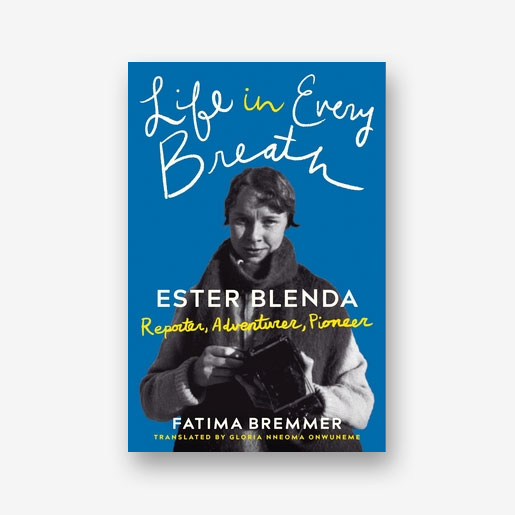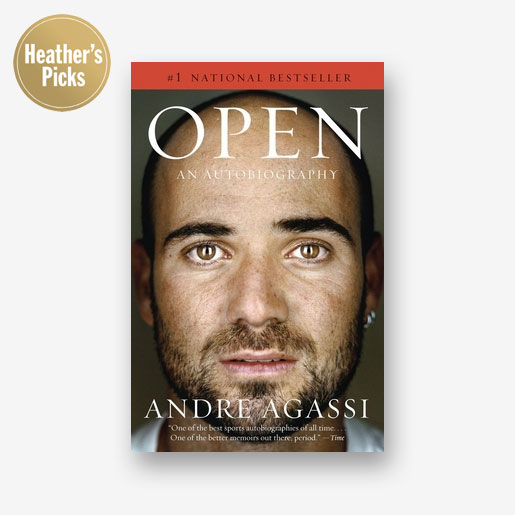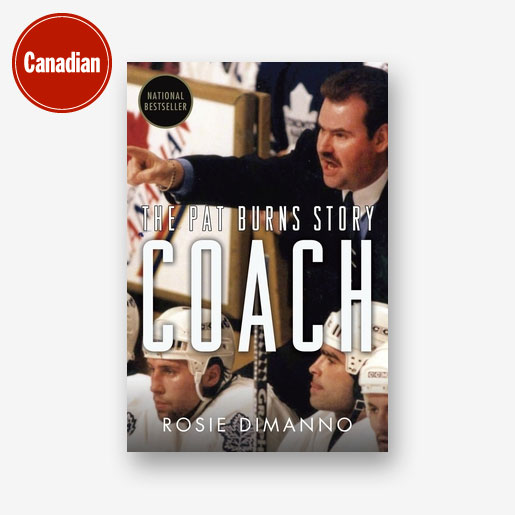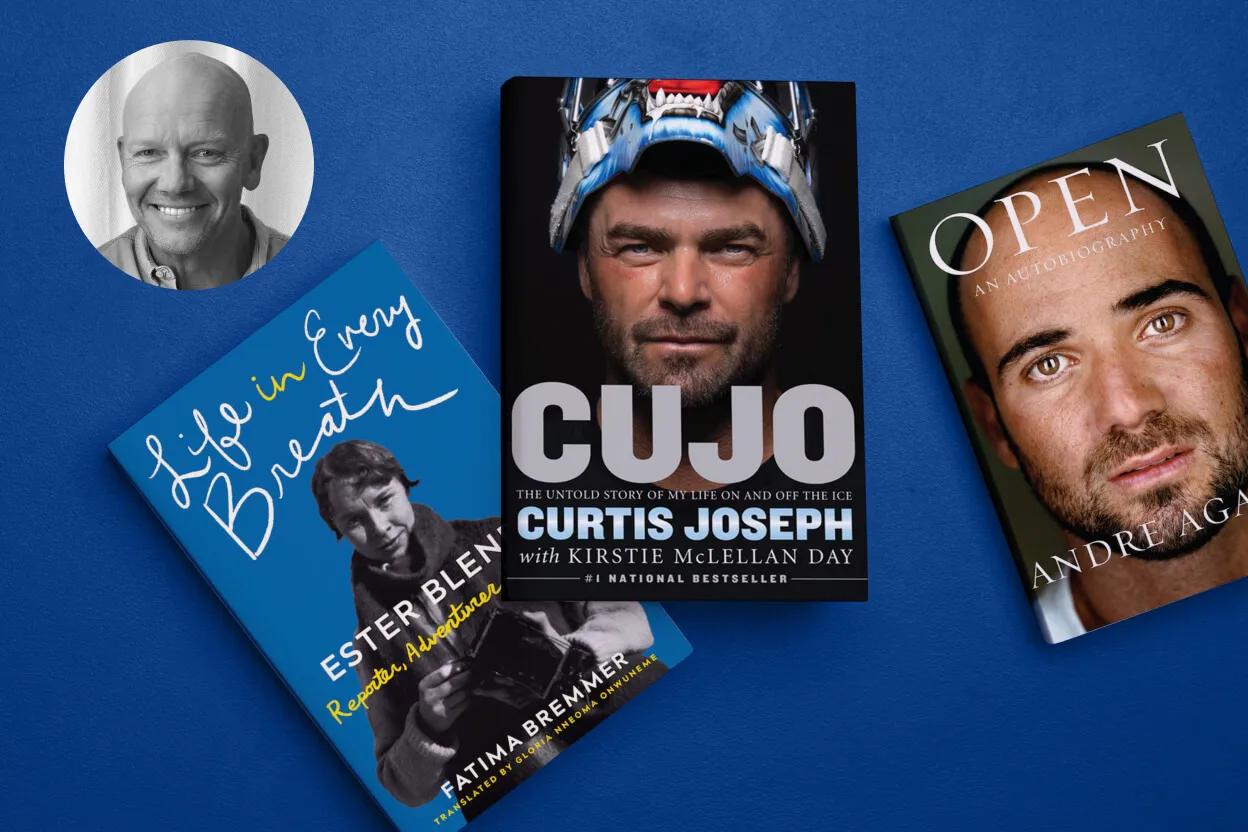Who taught you how to skate and what’s your earliest memory of playing hockey?
“My earliest memory is chasing my brother, who was four years older than I was, and his friends when they were skating on our lake by the house where I grew up. I could barely stand on the ice with my skates but only wanted to do what my older brother did. I learned skating by playing around and having fun on the ice.”
How does the piece of hockey advice given to you by Guy Lafleur and your grandfather (“Stop it with all the passing, you need to shoot the puck”) relate to your life off the ice?
“Ha, I’m not sure but it definitely taught me that the game of hockey is about putting the puck in the net if you are a forward.”
Why was this the right time for you to pen your memoir and what do you hope readers will take away from it?
“I think as we get older we get a little wiser and can reflect on life and better understand why things turned out the way they did. For me, it was now or never because I still remember my experiences, though it’s been a lot of work looking back at my childhood and career. I want my kids to be able to read this book when they become older and get an idea of what I did as a hockey player.”
How has the leadership experience of being the captain of the Toronto Maple Leafs helped to shape other areas of your life?
“I think I was a leader from a young age. I loved the idea of being part of a family and team. It made me a better hockey player when I felt the trust and responsibility from my coaches and the team management. I’m not the leader in our family now, even though I try to remind my kids and wife I was the captain.”
Why do you think the Leafs have always had such die-hard fans?
“The history and legacy of the Maple Leafs are so strong in the Greater Toronto Area and all across North America. It’s one of the Original Six franchises with a fantastic fan base that spans across generations.”
How would your former teammates describe you?
“I hope as a good person with some humour, who always wanted the best for the team.”
In sports there are many superstitions, do you think the number 13 gets a bad rap? 😊
“Probably. There have been so many great athletes in a variety of sports who wore the number 13. It’s only a number, after all.”
Mats' Reading List

“A biography about Ester Brenda Nordstrom, an investigative journalist born 1891 in Sweden. This is a great book about a woman who from early age defied stereotypes. She lived an adventurous life and traveled around the world.”

“The terrific story of my dear teammate Curtis Joseph, especially about his upbringing and career. A fantastic read.”

“A great autobiography about a fantastic athlete who endured a challenging childhood. Agassi’s book is now a classic, and it’s not just a sports book—it’s for everybody.”

“An interesting read and a behind-the-scenes look at one of the best coaches I had in my career. Burns knew how to get the best out of his players.”

